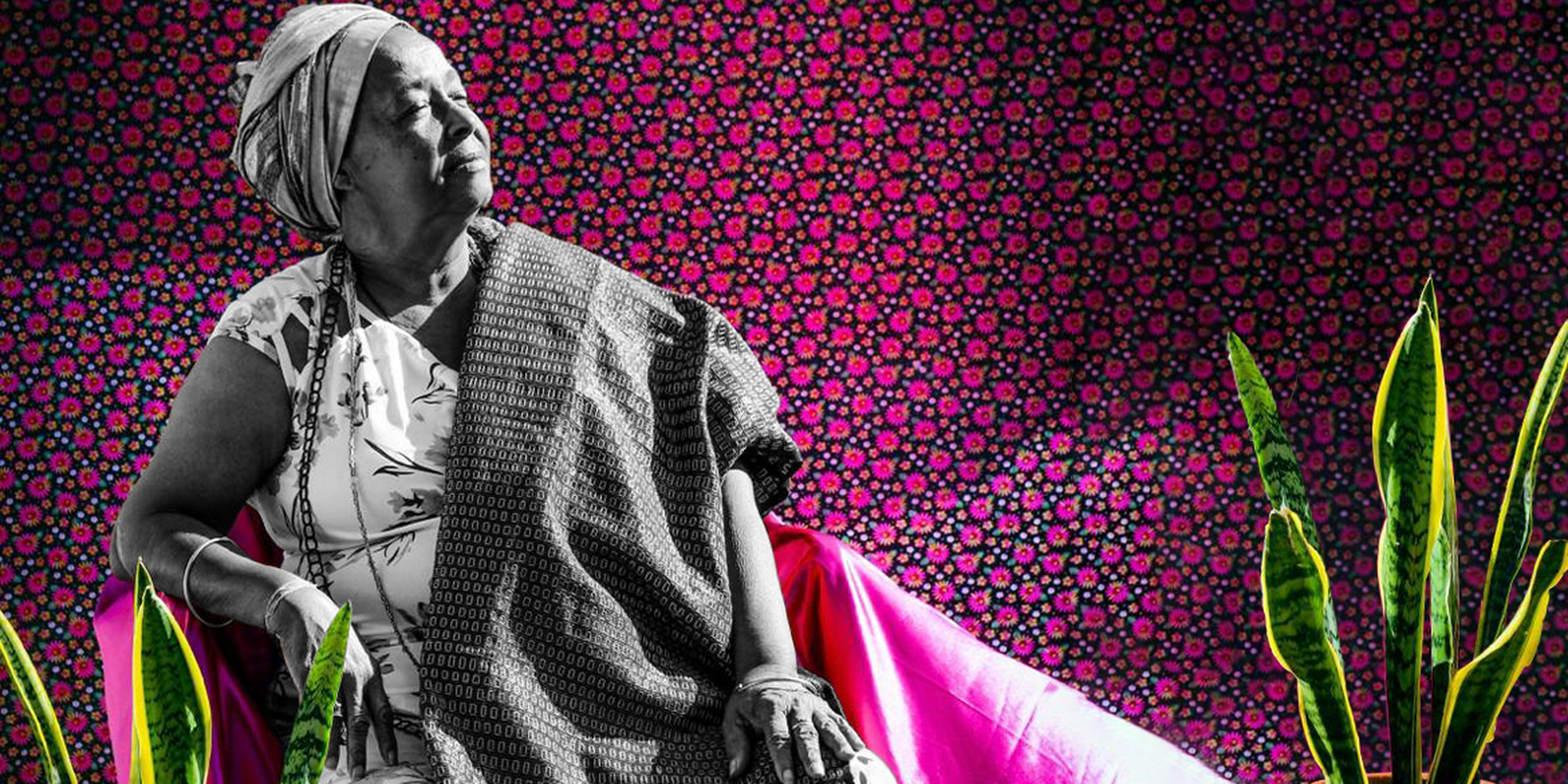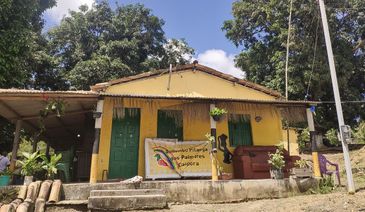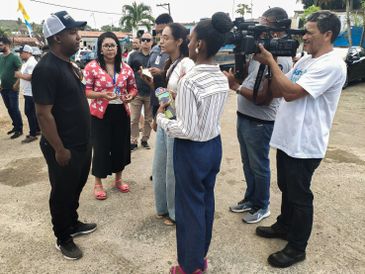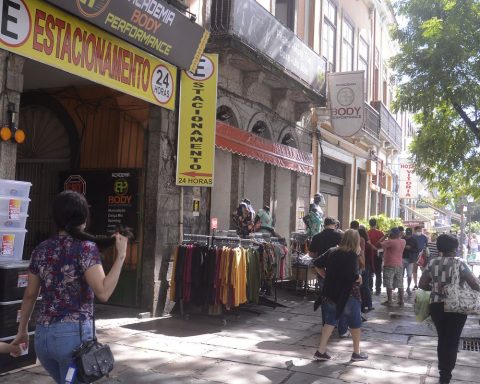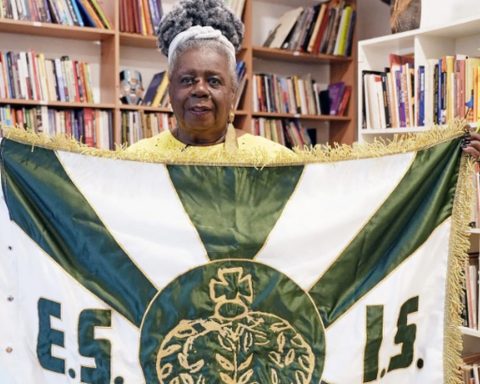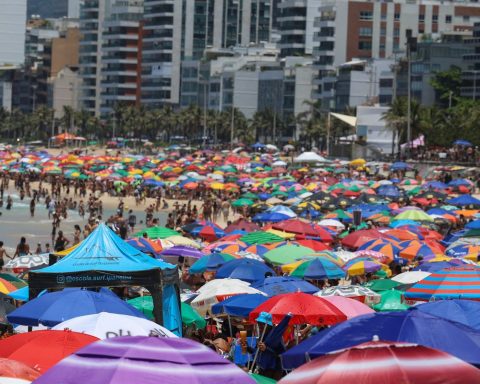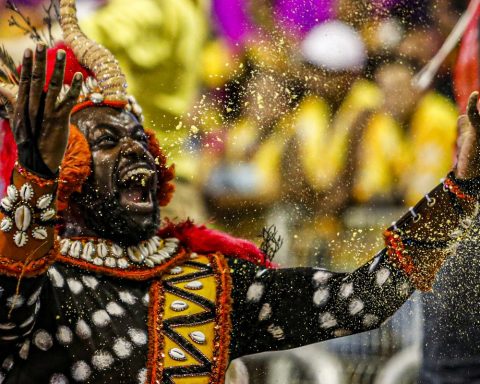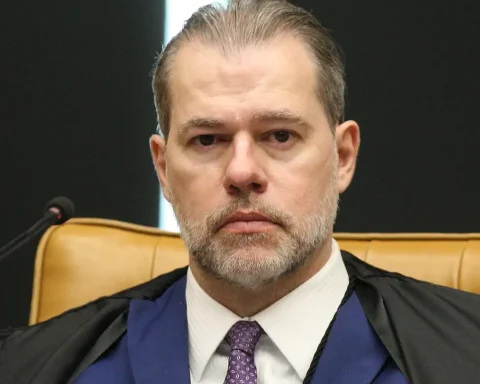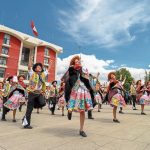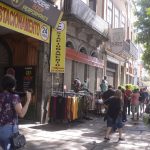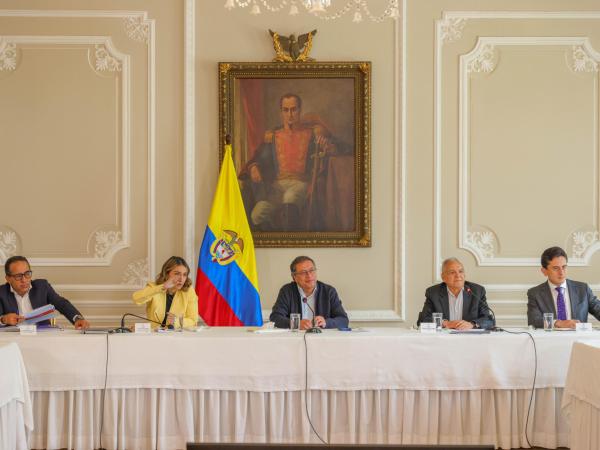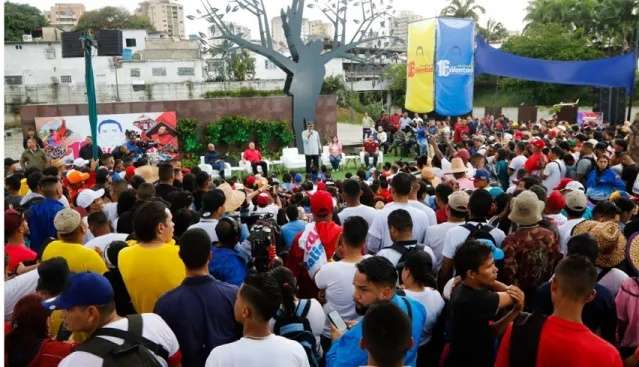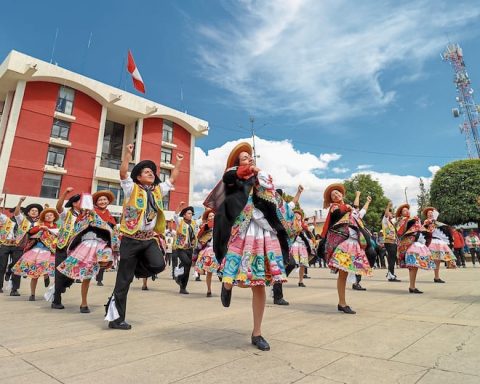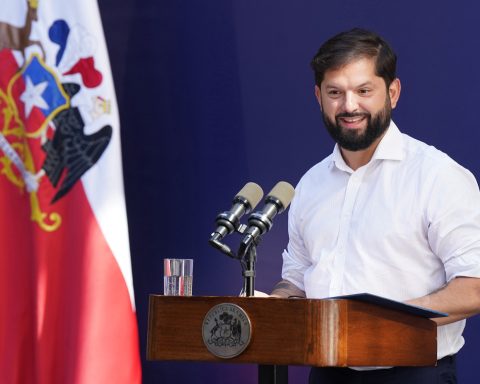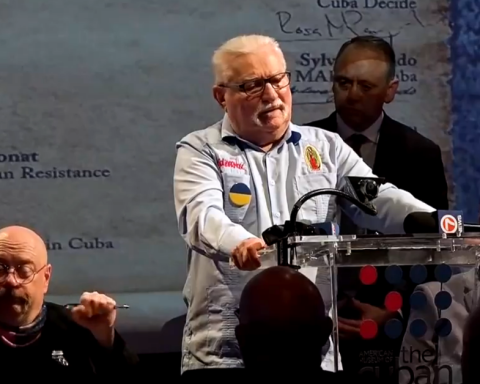Activists and researchers understand that there is a long way to go to confront structural racism in the country and all types of violence to which black people, who make up the majority of the Brazilian population, are subjected (45.3% brown people, and 10.2% black).
Interviewed by Brazil Agency value the fact that November 20th becomes a national holiday, but they also list priorities that can be ways to combat inequalities and rights violations, which must go beyond a date.
One of the young Brazilian leaders is Wellington Pacifico, 23 years old, one of the representatives of the quilombola community of Pitanga dos Palmares, in Simões Filho (BA). He has suffered in recent years with the murders of his father (Flávio Pacifico, 36 years old, in 2017) and grandmother (Maria Bernadete Pacifico, 72 years old, in 2023), who fought for public policies and the rights of 2,638 people out of 598 families that form the community.
Wellington understands that an important priority should be implemented through education. “The priority of the black population in the country is to work for the advancement of Law 10,639 (which made, in 2003, the theme of Afro-Brazilian history and culture mandatory in schools), so that we can see it in every classroom in Brazil this law working and students can build their identity based on their ancestors”, he defended.
He understands that it is necessary to disclose that his ancestors were people who fought against slavery. “We have to pave the way for the construction of the identity of every young black person who lives in this country”, said Wellington.
The boy explains that the majority of young black people did not inherit privileges, but rather a struggle that is ongoing. “We inherited a legacy of inequality and violence, in which this structural racism places us, as the dominated”. Therefore, he understands that it is necessary to have responsibility to contribute to the fight. “Our goal is not to wait. This prerogative belongs to the privileged (…) The young black population has to think and act.”
Another heir to mother Bernadete’s struggle is her son, Jurandir Pacifico, 44 years old, also a leader of the quilombola community. Currently, he is under a Brazilian State protection program due to the threats he receives.
He says that the challenges of the moment include confronting structural racism, economic inequality, police violence and the lack of black representation in spaces of power. Therefore, he argues that effective public actions and policies are necessary. “It is important to remember that the fight for racial equality is ongoing and requires joint efforts from all sectors of society. The legacy continues,” he said.
Placed on the sidelines
Professor Ivanir dos Santos, from the Federal University of Rio de Janeiro (UFRJ), reiterates that the majority of the black population is not treated as citizens and has been placed on the margins of society, with less access to health and education, in addition to being more exposed violence, including police.
“Brazilian institutions still have a colonial and imperial vision in understanding the participation and rights of this population. This has to be treated very seriously and in a very strong way in Brazil”, assesses the researcher into human rights, racism and religious intolerance.
The professor believes that there have been achievements in recent years thanks also to the participation of representatives of the black movement in the 1988 Constitution. “The black movement played a fundamental role in including racism as a non-bailable crime”. He also recalls that activists, in 1995, took to the federal government a list of demands that ended up having consequences for the first affirmative action policies, and also in the 2000s, with quotas and advances in education.
“What is observed is that there is always racist engineering that ends up circumventing or disqualifying these rights. But, we will have the 20th as a national holiday for the first time this year, which is an important victory. Zumbi is the first hero built from the bottom up in Brazil”, assesses professor Ivanir dos Santos, who is Babalawô, a priest of an African religion.
Representativeness
Another researcher, professor Waldicéia de Moraes Teixeira da Silva, who is an evangelical pastor Wall Moraes, in Brasília, also valued the date of November 20th as a national holiday. She says that the coup attempt of January 8, 2023 raised a warning for social political activists from Brazil’s black social movement: to go beyond conquering public policies through decrees, laws and ordinances, but also to create conditions to effectively increase representation. policy.
She regrets that the majority of black candidates are unable to be elected because they did not receive adequate electoral funds. “One of the objectives is to raise awareness, raise awareness and train affiliated people to run for office in a position to win elections”.
“Against genocide”
Professor Iêda Leal, from Goiás, a member of the Unified Black Movement (MNU) argues that, in fact, listening to young people, permanent victims of violence, must be a priority, and also for black women.
She also adds that it is necessary to think about the creation of anti-racist cities, placing public safety, education, work and income generation as goals. “It’s a victory for us to have a holiday, but the holiday has to be translated to the entire population as a victory so that we can have cities built around respect for human beings.”
Member of the National Articulation of Black Women, journalist Juliana Gonçalves, assesses that structural problems concern the social political construction of Brazil. This is revealed, as contextualized, with the exploitation of the work of black people and also in violence. “The fight against what we call the genocide of black people continues to be the main agenda of the black movement.”
She cites the homicide of young black people due to police and state violence as a whole. “Violence will also result in the incarceration, for example, of the black population. “We also experience a very negative scenario when we talk about women’s rights. about combating policies that will strengthen feminicide, lesbocide and transfeminicide”, he points out.
Also an activist, the director of the cultural group Afroreggae, from Rio de Janeiro, social worker Karla Soares says that it is still necessary to fight for the basics. “The fundamental basics are our guarantees of rights for the black population, such as quality education, decent work opportunities and public policies that promote racial equity.”
She regrets that educational units in favelas go weeks without classes due to police operations. “The population that lives within these risk areas is the black population. We know how difficult it is to combat structural racism and create paths that value the identity of black culture.” She adds that society cannot tolerate speeches or practices that minimize the severity of racism.
